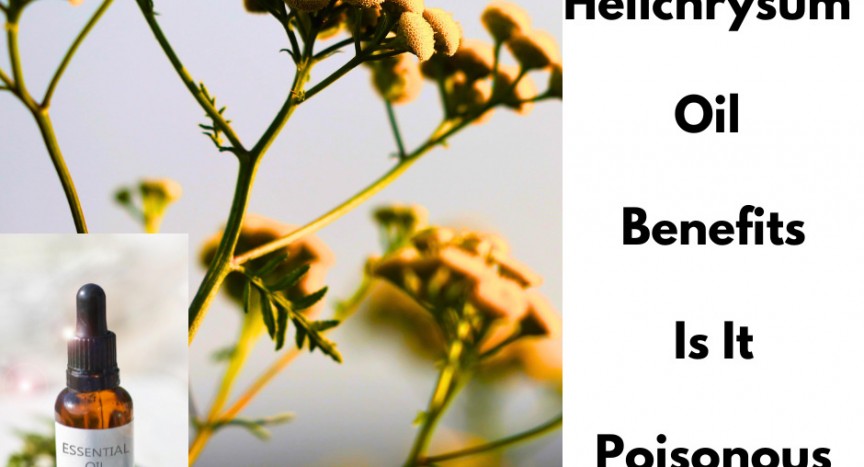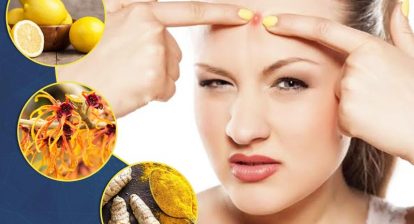Helichrysum is a genus of flowering plants belonging to the Asteraceae family. One particular species, Helichrysum italicum, also known as the curry plant or everlasting plant, is renowned for its potential health benefits. The essential oil extracted from this plant is traditionally used in aromatherapy and natural medicine for various purposes. However, it is important to note that scientific research into the benefits of helichrysum is ongoing and some claims may require further investigation.
Here are some potential benefits associated with helichrysum essential oil:
- Anti-inflammatory properties: Helichrysum essential oil is believed to have anti-inflammatory properties, which can help reduce inflammation and soothe irritated skin when applied topically.
- Helichrysum Skin health: This powerful essential oil may have beneficial effects on the skin due to its antioxidant potential. It can help promote skin cell regeneration and potentially reduce the appearance of scars and blemishes and leave you with fresh, rejuvenated skin.
- Wound healing: Some studies suggest that helichrysum oil may aid wound healing and tissue repair when applied to minor cuts or wounds. Its anti-inflammatory and antimicrobial properties could contribute to this effect.
- Pain relief: Helichrysum oil may act as a natural pain reliever, potentially relieving muscle pain, joint pain, and headaches when used in aromatherapy or applied topically with a carrier oil.
- Antioxidant activity: The essential oil contains compounds with antioxidant properties that may help neutralize free radicals and reduce oxidative stress in the body.
- Respiratory support : In aromatherapy, helichrysum oil is used to potentially relieve respiratory conditions, such as coughs and congestion, due to its expectorant properties.
- Improved mood: The pleasant aroma of helichrysum oil in aromatherapy can have a positive impact on mood, promoting relaxation and reducing stress and anxiety.
Main chemical constituents of helichrysum
δ-CADINENE : Has an antioxidant effect therefore reduces oxidative stress
Vitamin A or retinol: Prevents dryness of the scalp/skin as it promotes sebum production.
LIMONENE : The best property of these chemicals is skin repair.
PINENE: It is believed to have anti-inflammatory properties.
Is helichysum poisonous
Helichrysum Is also called curry plant because of the strong aroma that emanates from its leaves. It is important to note that this has nothing to do with curry leaves used in Indian cuisine. Helichrysum is used locally in the form of essential oil. Essential oils are intended to be inhaled and applied topically and not ingested or consumed orally. Like all other essential oils, helichrysum essential oil must be diluted with carrier oil before topical application and for use in aromatherapy you can use an essential oil diffuser.
Risks of using helichrysum oil
Contrary to the common belief that herbal or alternative remedies cannot cause allergic reactions or will not have side effects, it is entirely possible to experience side effects after using these remedies. A skin test is always recommended. It is essential to rely on scientific research and consult a healthcare professional for advice on using helichrysum or any other herbal product for specific health concerns.
It is essential to use helichrysum oil with caution and in appropriate dilutions when applying it to the skin, as essential oils can be potent and cause skin irritation if not used correctly. Additionally, pregnant or breastfeeding women and people with certain medical conditions should consult a healthcare professional before using helichrysum oil.
Read also: Benefits of Meadowfoam Seed Oil







